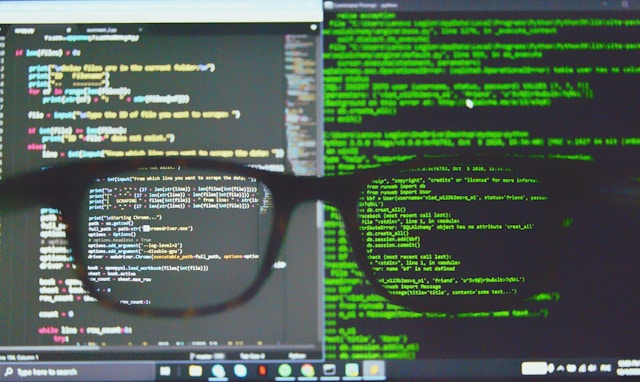Understanding what each programming language is commonly used for can help you decide which one to start with.
Here are some popular programming languages and their primary uses, along with recommendations for beginners:
1. Python
What It’s For:
- Web Development: Frameworks like Django and Flask.
- Data Science: Libraries such as NumPy, Pandas, and Matplotlib.
- Machine Learning/AI: Libraries like TensorFlow and Scikit-learn.
- Automation/Scripting: Writing scripts to automate tasks.
- Software Development: General-purpose programming and application development.
Why Start Here:
- Beginner-Friendly: Python’s syntax is clear and readable, making it easier for beginners.
- Versatile: Widely used in many fields, providing flexibility in your learning path.
- Rich Ecosystem: Extensive libraries and frameworks available.
Learning Resources:
2. JavaScript
What It’s For:
- Web Development: Essential for frontend development (client-side scripting) and increasingly used for backend development with Node.js.
- Web Applications: Frameworks and libraries like React, Angular, and Vue.js.
- Server-Side Development: Using Node.js.
Why Start Here:
- Web-Centric: If you’re interested in web development, JavaScript is a must-learn language.
- Immediate Results: You can see your work live in the browser, which is satisfying for beginners.
- Large Community: Extensive resources and tutorials available.
Learning Resources:
3. Java
What It’s For:
- Enterprise Applications: Common in large-scale systems and business applications.
- Android Development: Historically used for Android app development (though Kotlin is now also popular).
- Backend Development: Used in server-side applications and large systems.
Why Start Here:
- Structured: Good for learning object-oriented programming principles.
- Career Opportunities: Widely used in enterprise environments and has a strong job market.
Learning Resources:
- Java Programming and Software Engineering Fundamentals on Coursera
- Java Tutorials on Oracle’s Website
- Head First Java Book
4. C++
What It’s For:
- System Programming: Low-level programming and operating systems.
- Game Development: High-performance games and real-time applications.
- Performance-Critical Applications: Software requiring high efficiency.
Why Start Here:
- Depth: Provides a strong understanding of computer science concepts and memory management.
- Industry Use: Valuable for specialized fields like game development and systems programming.
Learning Resources:
5. C#
What It’s For:
- Windows Applications: Development using the .NET framework.
- Game Development: Using the Unity engine.
- Web Development: With ASP.NET for building web applications.
Why Start Here:
- Integrated with Microsoft Technologies: Useful if you’re interested in developing for Windows or using Microsoft’s development stack.
- Game Development: Popular with Unity, a widely-used game engine.
Learning Resources:
- C# Programming Guide on Microsoft Docs
- C# Fundamentals for Absolute Beginners on Microsoft Learn
- Complete C# Unity Developer Course on Udemy
6. Swift
What It’s For:
- iOS Development: Building applications for Apple’s iOS ecosystem (iPhone, iPad, Mac).
Why Start Here:
- Apple Ecosystem: If you’re interested in developing apps for iOS devices, Swift is essential.
- Modern Language: Designed to be safe and performant.
Learning Resources:
For beginners, Python and JavaScript are excellent starting points due to their simplicity and versatility. Java is great if you’re interested in enterprise applications or Android development. C++ and C# are more specialized but useful if you’re looking into game development or Windows applications. Swift is the go-to for iOS development.
Choose based on your interests and goals, and remember that learning one language will make it easier to pick up others in the future.

